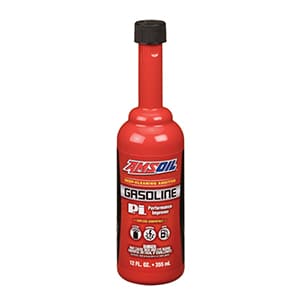You may not think much of it while waiting in traffic or sitting in a school parking lot, but excessive engine idling can significantly impact your vehicle’s engine and oil life. Unlike mileage, which is easy to track and understand, idle time often goes unnoticed, yet it plays a crucial role in the health of your vehicle.

Why Idle Time Matters
Your vehicle’s motor oil is typically rated by mileage, but the actual service life depends heavily on operating conditions. Oil manufacturers and automotive experts outline specific definitions for “normal” and “severe” service conditions, with commercial and fleet vehicles falling into the latter due to their demanding use. However, even personal vehicles can experience severe conditions through frequent towing, hauling, and notably, excessive idling.

Consequences of Excessive Idling:

- Decreased Fuel Economy: More idle time means more fuel burned without movement.
- Engine Wear: Incomplete combustion during idling leads to fuel dilution, reduced oil viscosity, and lower oil pressure. This increases the likelihood of engine wear.
- Increased Oil Consumption: As oil breaks down faster, your vehicle may require more frequent top-offs.
- Damage to Engine Components: For diesel engines, components such as injector tips, turbochargers, and valve seats may suffer.
How to Mitigate Idle Time Effects

Even the best motor oils, such as AMSOIL Signature Series Motor Oil, have their limits. They’re designed to resist high temperatures and prevent deposits, but they can only do so much under continuous severe conditions. To counteract the effects of idling, consider the following:
- Monitor Idle Time: Start keeping a log of engine idle hours along with mileage. This dual tracking can provide a more accurate indication of when oil changes and other maintenance should be performed.
- Change Oil Based on Hours of Operation: If you frequently exceed idle time limits, change your oil more often. For example, AMSOIL recommends changing their Signature Series Synthetic Motor Oil after 700 hours of operation or following the mileage guidelines, whichever comes first.
In Closing

Installing a high-quality motor oil and keeping an accurate log of both mileage and idle hours are essential steps in maintaining your vehicle’s engine health. By understanding the impact of idle time and adjusting maintenance schedules accordingly, you can help prevent premature engine wear and avoid costly repairs down the road.
Stay proactive about your vehicle’s maintenance, and you’ll not only save money but also extend the life of your vehicle significantly.

